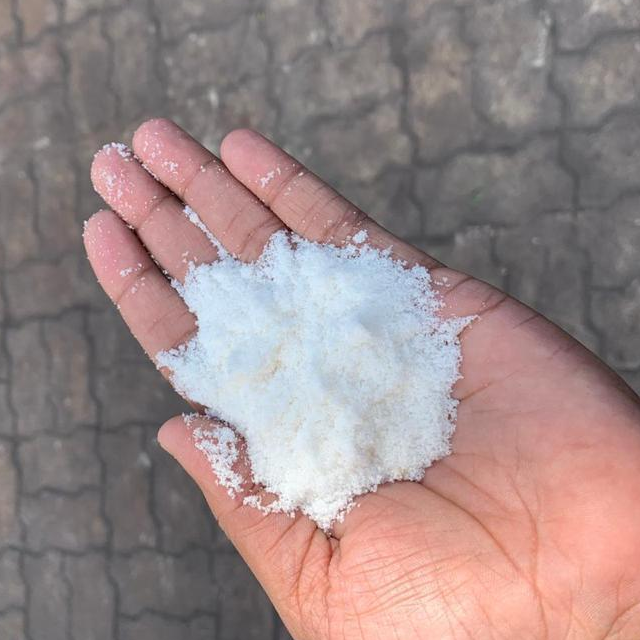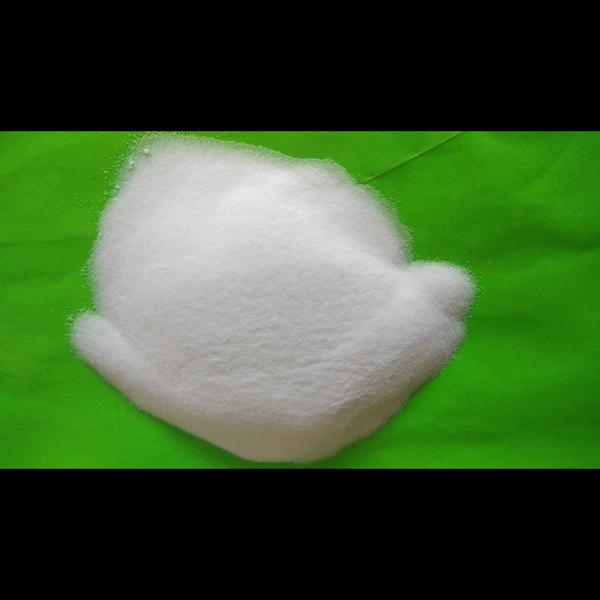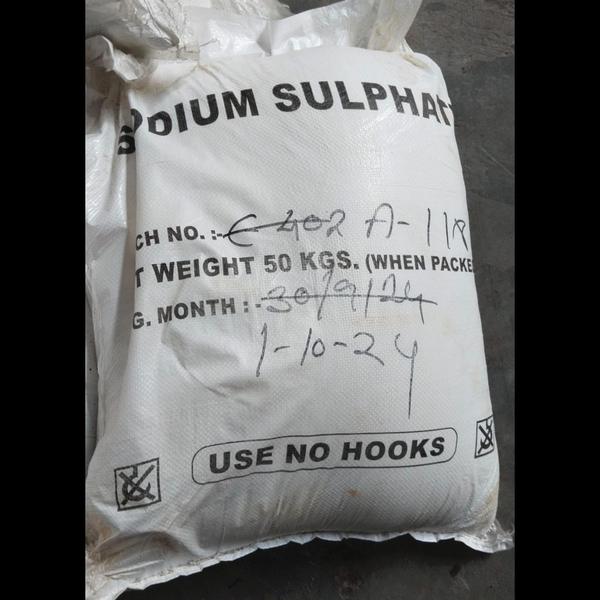
1. Zinc Oxide (ZnO) – Current Scenario in India
Zinc Oxide is a versatile compound with applications across rubber manufacturing, cosmetics, ceramics, paints, pharmaceuticals, fertilizers, and electronics. The demand for ZnO in India has shown resilience, driven by strong growth in the rubber and tire industries.
Key Updates:
Rubber & Tire Industry Boost:
The Indian automobile sector, particularly the electric vehicle (EV) segment, is driving increased demand for zinc oxide used in rubber tires. This is attributed to ZnO’s critical role in vulcanization.
Cosmetics and Skincare:
With rising awareness about UV protection, ZnO-based sunscreens and skincare products are gaining popularity. Demand is increasing, particularly for nanoparticles of zinc oxide due to their better dispersibility and transparency.
Ceramics and Electronics:
The ceramic tile industry, buoyed by a booming real estate sector, is also a key consumer of ZnO in India. Additionally, ZnO is gaining traction in the development of varistors and thin-film transistors (TFTs) used in electronic devices.
Challenges and Concerns:
Raw Material Prices:
Zinc metal prices are volatile due to global fluctuations. Any disruption in zinc supply from global producers like China impacts Indian ZnO manufacturers.
As of early 2025, the average zinc price on the LME (London Metal Exchange) has stabilized after a steep rise in 2023.
Environmental Regulations:
Stricter pollution control norms in India are pushing manufacturers to adopt greener production methods for ZnO, especially in industries that emit hazardous byproducts like zinc slag.
Key Manufacturers in India:
Rubamin Ltd. – A leading player in Zinc Oxide production, catering to the rubber, paints, and pharmaceutical industries.
Bharat Zinc Ltd. and Sudarshan Chemical Industries are other key contributors.
2. Zirconium – Current Scenario in India
Zirconium and its compounds (such as zirconium dioxide and zirconium silicate) are crucial for India’s ceramics, nuclear energy, coatings, and aerospace industries. India holds significant potential due to zirconium’s critical applications, particularly in strategic sectors.
Key Updates:
Nuclear Energy Drive:
Zirconium’s low neutron absorption makes it essential for nuclear fuel rods. With India aiming to expand its nuclear power capacity (targeting 22 GW by 2031), the demand for nuclear-grade zirconium is rising.
Ceramics and Refractories:
Zirconium dioxide (ZrO₂) is widely used in high-performance ceramics (tiles, dental implants) and refractories. The ceramic tile industry is experiencing robust demand due to increasing real estate activity and exports.
Advanced Coatings & Aerospace Applications:
Zirconium-based coatings are growing in importance due to their high corrosion resistance. These coatings are used in India’s defense and aerospace sectors, which are expanding due to the government’s "Make in India" and "Aatmanirbhar Bharat" initiatives.
Challenges and Concerns:
Dependence on Imports:
India relies heavily on zircon sand imports, particularly from Australia and South Africa. Fluctuations in supply and import costs impact domestic zirconium processing.
Environmental Regulations and Licensing Issues:
Mining of zircon-rich minerals (like ilmenite, rutile, and monazite) is strictly regulated in India due to concerns over radioactive thorium content. This hampers local production and increases dependence on imports.
Opportunities and Government Support:
Strategic Minerals Policy:
The Indian government is working on boosting rare-earth mineral processing and strategic minerals extraction, which includes zirconium.
Indian Rare Earths Limited (IREL) plays a key role in zircon processing.
Nuclear and Defense Investments:
With India's push toward nuclear energy expansion and defense indigenization, zirconium compounds have strong growth potential.
Outlook for Zinc Oxide and Zirconium:
Zinc Oxide – 2025 and Beyond:
Projected Growth: ~5-6% CAGR over the next 5 years.
Key Growth Drivers: Rubber, cosmetics, ceramics, and electronics.
Zirconium – 2025 and Beyond:
Projected Growth: ~6-8% CAGR driven by nuclear energy, ceramics, and aerospace applications.
Key Focus Areas: Import substitution, rare-earth processing, and defense R& D.
Conclusion:
Both Zinc Oxide and Zirconium markets in India are poised for growth, backed by strong industrial demand, policy reforms, and technological advancements. However, addressing challenges like import dependence, raw material volatility, and stricter regulations will be crucial for sustainable growth.
Would you like more in-depth insights, market reports, or company-specific analysis on either Zinc Oxide or Zirconium?
Keywords
early 2025
electronics zirconium 2025
concerns dependence
skincare products
india zirconium
defense investments
indias defense
rubber paints
rubber tires
india aiming
india rubamin
zirconium markets
nucleargrade zirconium
zirconium silicate
zirconium dioxide
zinc supply
companyspecific analysis
sustainable growth
stricter regulations
technological advancements
growth backed
indias push
increases dependence
india due
strictly regulated
ilmenite rutile
governments make
aerospace sectors
leading player
pushing manufacturers
steep rise
global producers
key consumer
rising awareness
vulcanization cosmetics
strong growth
versatile compound
expanding due
importance due
volatile due
rising ceramics
transparency ceramics
addressing challenges
key role
indian government
imports opportunities
zirconrich minerals
global fluctuations
gaining traction
zinc oxide
india additionally zno
india zinc oxide
zinc oxide due
gaining popularity demand
zirconiums critical applications
sudarshan chemical industries
driving increased demand
nuclear energy ceramics
average zinc price
strategic minerals extraction
south africa fluctuations
zircon sand imports
electronic devices challenges
znos critical role
indian automobile sector
nuclear energy expansion
zircon processing nuclear
hampers local production
radioactive thorium content
licensing issues mining
high corrosion resistance
ceramic tile industry
nuclear fuel rods
emit hazardous byproducts
thinfilm transistors tfts
shown resilience driven



